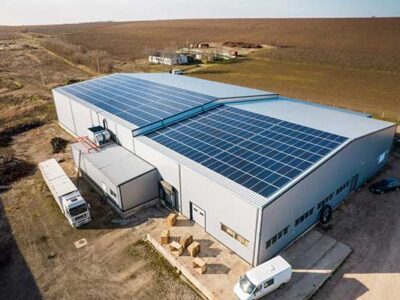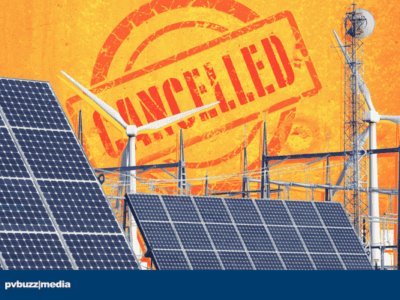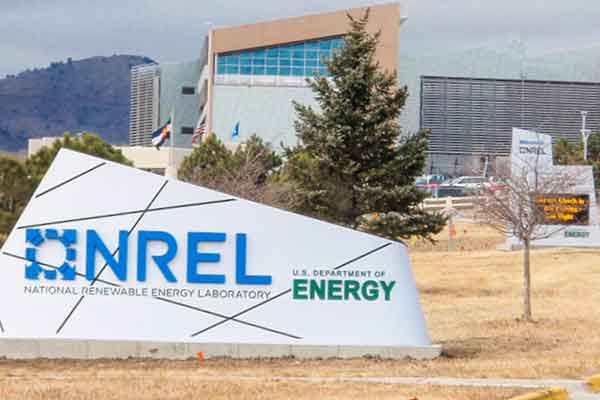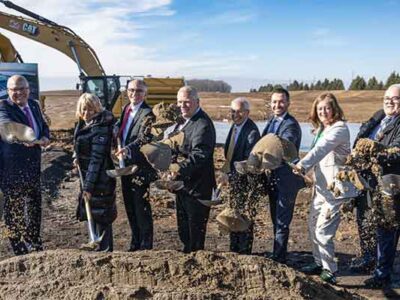- Neqotkuk First Nation and Universal Kraft to build 10-MW solar farm in Saint John.
- Project will supply 100% renewable power to Saint John Energy and cut 10,000 tonnes of CO2 annually.
- Builds on Neqotkuk’s growing portfolio of Indigenous-owned clean energy assets.
Neqotkuk (Tobique) First Nation is teaming up with European renewable energy firm Universal Kraft to develop what will become New Brunswick’s largest solar farm — a 10-megawatt installation on Saint John’s east side.
Announced in Saint John, and as reported by the CBC, the project will feed 100% of its clean power output into the city-owned Saint John Energy grid.
Once operational, it will generate enough electricity to power 1,200 homes and offset more than 10,000 tonnes of carbon emissions annually — a meaningful step for a province where solar development still lags behind national leaders such as Ontario and Alberta.
Chief Ross Perley of Neqotkuk called the project “a vital step” toward both economic and environmental goals: “It is our duty as First Nations peoples to be stewards of the land so that the next seven generations after us can benefit, as our ancestors did.”
Growing an Indigenous-Led Clean Energy Portfolio
The project will be majority-owned (51%) by Neqotkuk, with Universal Kraft holding the remaining 49%.
The partnership continues the First Nation’s growing track record in renewables, which already includes the 42-megawatt Burchill wind project and a four-megawatt battery storage facility, both in Saint John. Neqotkuk is also developing a 200-megawatt wind farm in Salmon River.
Such “owned-revenue” ventures now contribute roughly 20% of the Nation’s funding, helping finance programs for youth, elders, home renovations, health, safety, and food security for its 2,800 community members.
Saint John Energy Eyes Net-Zero
For Saint John Energy, which aims to achieve net-zero emissions by 2030, the solar project supports customer demand for affordable, local renewable energy.
“It will deliver power at lower cost than traditional sources,” said CEO Ryan Mitchell. “This is a key step in our net-zero journey — and 94% of our customers have told us they support local renewable development.”
Construction to Begin in 2026
Dubbed the Menahqwesk Kisuh Energy Hub — blending the Wolastoquey word for Saint John with “kisuhs” (sun) — construction is slated for spring 2026, with completion by summer 2027.
Community consultations are already underway. “Solar is still new here, so we expect lots of questions,” said Universal Kraft’s Jacob Roth. “But this is a project that respects local values and community pride — and we hope it will be the first of many.”
Perspective:
Larger markets have often overshadowed New Brunswick’s energy transition, but Indigenous-led projects like this offer a path forward, combining economic empowerment, sustainability, and local benefits. As the clean energy landscape evolves, partnerships of this kind could reshape the province’s grid for decades to come.












Comments